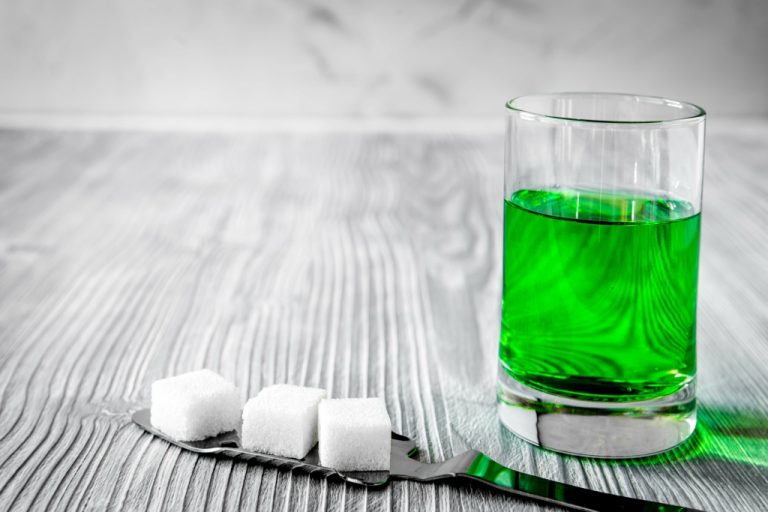One of our favorite 10-minute routines is by Tara Stiles. Research has also found that, in many cases, putting your feelings into words, known as affect labeling, can help https://accountingcoaching.online/expressive-arts-therapy-15-creative-activities-and/ reduce the intensity of those emotions. This means that talking to a friend about the things that are causing your stress can actually make those feel less overwhelming.
For an easy three- to five-minute exercise, sit up in your chair with your feet flat on the floor and hands on top of your knees. Breathe in and out slowly and deeply, concentrating on your lungs as they expand fully in your chest. They’re especially important when you’re under a lot of stress. A reassuring voice, even for a minute, can put everything in perspective. It might surprise you to learn that biological stress is a fairly recent discovery.
Get more physical activity
Eating nutritious food can help you to cope with stress better, reduce mental fatigue, improve decision-making and can help reduce depression and anxiety. The benefits of eating health foods extend beyond your waistline to your mental health. A healthy diet can lessen the effects of stress, build up your immune system, level your mood, and lower your blood pressure. Lots of added sugar and fat can have the opposite effect. And junk food can seem even more appealing when you’re under a lot of stress.
- One of our favorite 10-minute routines is by Tara Stiles.
- Research has also found that regular physical activity can protect people against stress and anxiety while also promoting positive emotions.
- Unfortunately, both are incredibly common among U.S. adults and evidence suggests that recent world events have made the problem worse for many people.
- If you’re currently inactive, start with gentle activities such as walking or biking.
- A healthy diet can lessen the effects of stress, build up your immune system, level your mood, and lower your blood pressure.
However, the act of stepping away for a few minutes to make tea can be therapeutic. Studies show that 1 gram of apple cider vinegar may take over 95 minutes to work its magic, while matcha may take up to an hour to work. If it’s tied to a more long-term problem you can’t immediately solve, try another one of the quick relaxer tips below. If you’re noticing a bigger pattern, you might want to take a longer breather with our 30-minute tips or speak to a professional to get to the root of the problem. After some thought, you might realize that you feel bad because you are worried, angry, or disappointed.
Mindful moves: 15-minute yoga flow for anxiety
Facing stress is an opportunity to reset your mind and take it as a chance to grow. Researchers say the brain is rewiring and trying to learn from the experience so you can handle it differently next time. Sometimes, the best way to reduce your stress is to cut something out of your life. Get rid of the things that are adding to your stress so you can experience more peace. This is referred to as problem-focused coping (as opposed to emotion-focused coping).
Ask a friend or co-worker to be a sounding board as you talk out your issues. Sometimes stress can cause your mind to spiral and lead you down an unnecessary rabbit hole of negative thoughts. One way of escaping that spiral is to anchor yourself to the present and focus on immediate results you can achieve.
Health Solutions from Our Sponsors
Although stress is unavoidable, being chronically stressed takes a toll on your physical and mental health. During this reaction, stress hormones trigger physical symptoms such as a faster heartbeat, quicker breathing, and constricted blood vessels. Yoga may help lower cortisol levels, blood pressure, and heart Essential Tremor Alcohol Treatment rate while increasing levels of gamma aminobutyric acid, a neurotransmitter that’s low in people with mood disorders. Taking time for yourself is essential to live a healthy life. This is especially important for people who tend to be highly stressed, including nurses, doctors, teachers, and caretakers.

If you don’t feel comfortable taking workout classes in your area, there are endless online fitness resources and videos covering all types of exercises for various levels. If you’re just starting to get into the fitness game, look into beginner’s yoga videos or resources on low-impact activities. But when life throws a curveball, it can leave us feeling anxious and stressed.
Be mindful of the things you can control and work on accepting the things that you can’t control. “Although we often think of it as being negative, stress can also come from positive changes in your life, like getting a promotion at work or having a new baby,” says Dr. Borland. The advice “take a deep breath” may seem like a cliché, but it holds true when it comes to stress. For centuries, Buddhist monks have been conscious of deliberate breathing during meditation. Make sure to get the doctor-recommended seven to eight hours of sleep.
For more information on deep breathing techniques, a quick internet search will provide you with limitless resources to guide your process. Diaphragmatic breathing, or deep breathing, is driven by the diaphragm, the muscle that resides just under the lungs. Our abdomens expand first as the lungs fill from the bottom when we breathe with our diaphragms. Singers and actors practice this breathing technique as it is the most effective and efficient way to maintain relaxation while belting out notes or lines across a stage or an arena.
